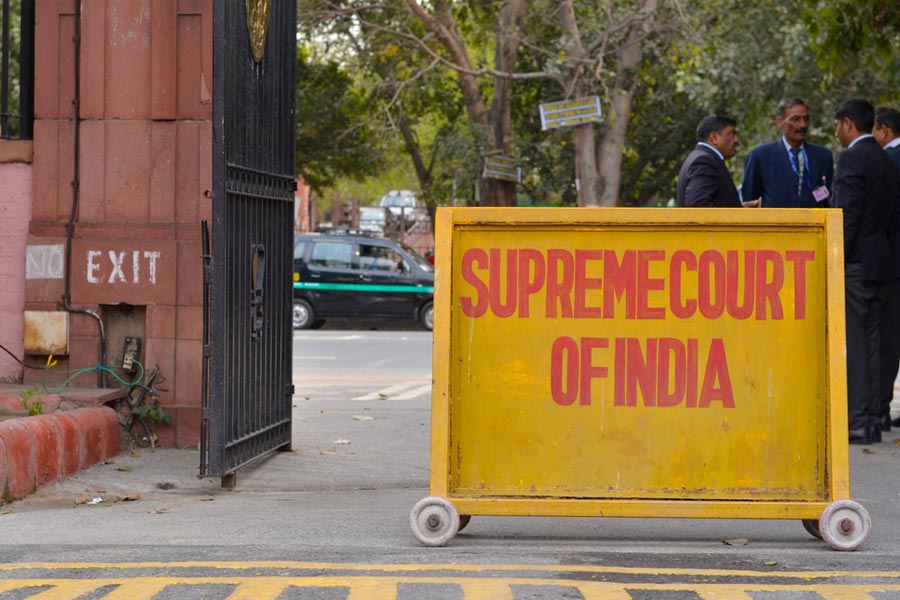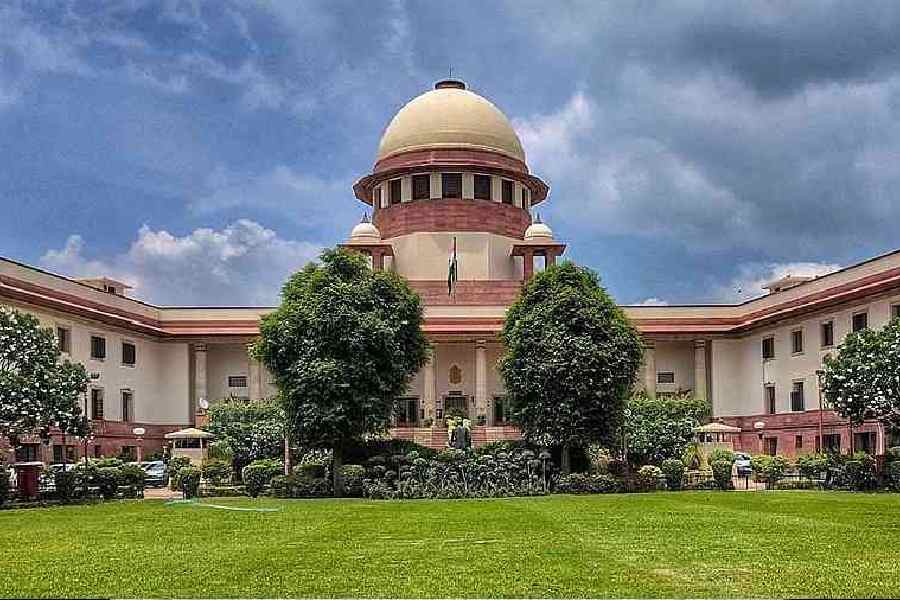The Supreme Court has ruled that a person cannot be prosecuted for offences under the SC/ST (Prevention of Atrocities) Act if the basic ingredient of the victim being abused in public before a public witness is missing.
“The first FIR, registered at the instance of the complainant, is silent about the place of occurrence and who, being a member of the public, was present when the appellant is alleged to have hurled caste-related abuses at the complainant. However, on a reading of the second FIR registered at the behest of the appellant, it appears that the incident took place at the house of the appellant,” the court said.
The bench of Justices S. Ravindra Bhat and Justice Dipankar Datta said this while delivering a recent judgment allowing the appeal filed by one Ramesh Chandra Vaishya that challenged the refusal of Allahabad High Court to quash the criminal case and provisions of the SC/ST Act registered against him by Uttar Pradesh police.
The apex court said the prosecution would seek to rely on the evidence of three witnesses who happened to be “none other than the complainant, his wife and their son”. Neither the first FIR nor the chargesheet refers to the presence of a fifth individual (a member of the public) at the place of occurrence, the court said.
“Since the utterances, if any, made by the appellant were not ‘in any place within public view’, the basic ingredient for attracting Section 3(1)(x) of the SC/ST Act was missing/absent. We, therefore, hold that at the relevant point of time of the incident, no member of the public was present,” the apex court ruled.
The prosecution’s case is that on January 14, 2016, around 7am, the appellant was engaged in an altercation with the complainant belonging to the SC community over the drainage of water. It is alleged that the appellant hurled caste-related abuses at the complainant and his family members, and subsequently assaulted the complainant.
The bench noted that the first FIR as well as the chargesheet made no reference to the utterances of the appellant or to the caste to which the complainant belonged, except for the allegation/observation that caste-related abuses were hurled.
Justice Datta, who authored the judgment, said: “The legislative intent seems to be clear that every insult or intimidation for humiliation to a person would not amount to an offence under section 3(1)(x) of the SC/ST Act unless, of course, such insult or intimidation is targeted at the victim because of him being a member of a particular Scheduled Caste or Tribe.
“If one calls another an idiot (bewaqoof) or a fool (murkh) or a thief (chor) in any place within public view, this would obviously constitute an act intended to insult or humiliate by the user of abusive or offensive language. Even if the same be directed generally to a person, who happens to be a Scheduled Caste or Tribe, per se, it may not be sufficient to attract Section 3(1)(x) unless such words are laced with casteist remarks,” Justice Datta said.
According to the bench, it is desirable that before an accused is subjected to a trial for the alleged commission of an offence under Section 3(1)(x), the utterances made by him in any place within public view are outlined, if not in the FIR but at least in the chargesheet, so as to enable the court to ascertain whether the chargesheet makes out a case of an offence under the SC/ST Act.
Although the complainant alleged that the incident was witnessed by many people and that he had suffered injuries to his hand, “the chargesheet does neither refer to any eyewitness other than the complainant’s wife and son nor to any medical report. The nature of the hurt suffered by the complainant in the process is neither reflected from the first FIR nor the chargesheet. On the contrary, the appellant had the injuries suffered by him treated immediately”, the apex court said.


